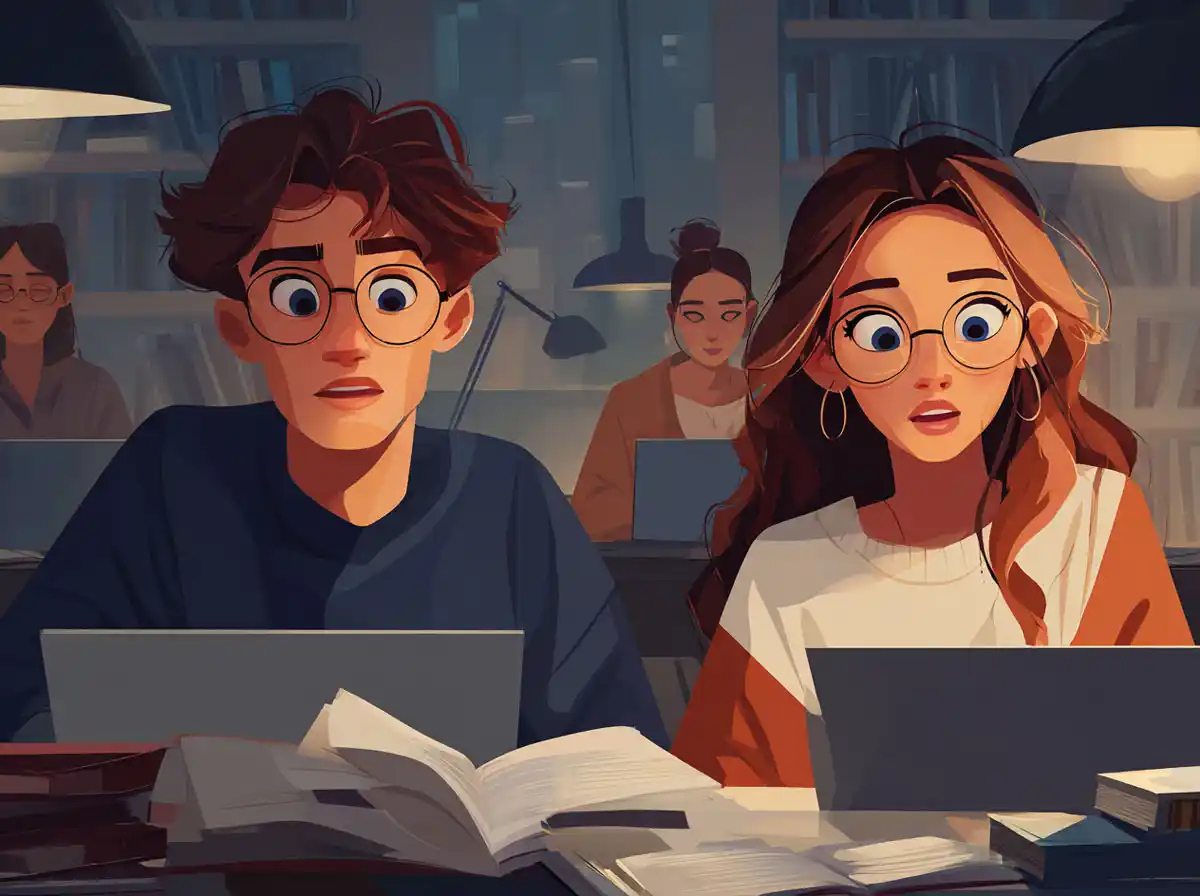映画 (えいが) – Film/Movie
This is the most common word for movies or films in general.
週末に最新の映画を見に行きたいです。
(I want to go to see the latest film this weekend.)
監督 (かんとく) – Director
This term is used for a person who directs the making of a film.
この映画の監督は誰ですか?
(Who is the director of this movie?)
撮影 (さつえい) – Photography/Cinematography
It refers to the process of capturing photographs or filming.
彼は撮影が上手ですね。
(He is skilled in photography, isn’t he?)
写真 (しゃしん) – Photograph
The word for a still image or photograph.
その写真をもう一度見せてください。
(Could you show me that photograph again?)
カメラマン – Cameraman/Photographer
A person who operates a camera, especially for a film or television.
彼女はプロのカメラマンです。
(She is a professional photographer.)
レンズ (れんず) – Lens
A piece of glass or other transparent material used in cameras to focus the image.
このレンズはとても高価です。
(This lens is very expensive.)
編集 (へんしゅう) – Editing
The process of assembling the various elements of a film or selecting and arranging photographs.
編集には時間がかかる作業です。
(Editing is a time-consuming task.)
トリミング – Trimming/Cropping
Cutting the edges of a photograph or video image to alter the framing or composition.
この写真をトリミングする必要があります。
(This photo needs to be cropped.)
露出 (ろしゅつ) – Exposure
The amount of light allowed to fall on the photographic film or sensor.
露出を調整してください。
(Please adjust the exposure.)
背景 (はいけい) – Background
The area or scenery behind the main subject of a photograph or film.
背景に注意して写真を撮りましょう。
(Let’s take a picture paying attention to the background.)
特撮 (とくさつ) – Special Effects
Effects used in movies and television to show things that cannot be filmed in normal circumstances.
この映画は特撮がすごいんだ。
(This film has amazing special effects.)
アングル – Angle
The specific viewpoint or camera position from which a shot is taken.
そのアングルから撮った写真は美しい。
(The photo taken from that angle is beautiful.)
モノクロ – Monochrome
Referring to a photograph or film shot in black and white.
彼はモノクロ写真を得意としています。
(He specializes in monochrome photography.)
By mastering these Japanese terms related to film and photography, you can express your ideas and thoughts more precisely in conversations and discussions. With these words in your vocabulary arsenal, not only can you appreciate visual arts on a deeper level, but you can also engage with fellow enthusiasts in a more meaningful way. Keep practicing, and don’t hesitate to explore further to enrich your Japanese language learning journey in the realm of the visual arts.










